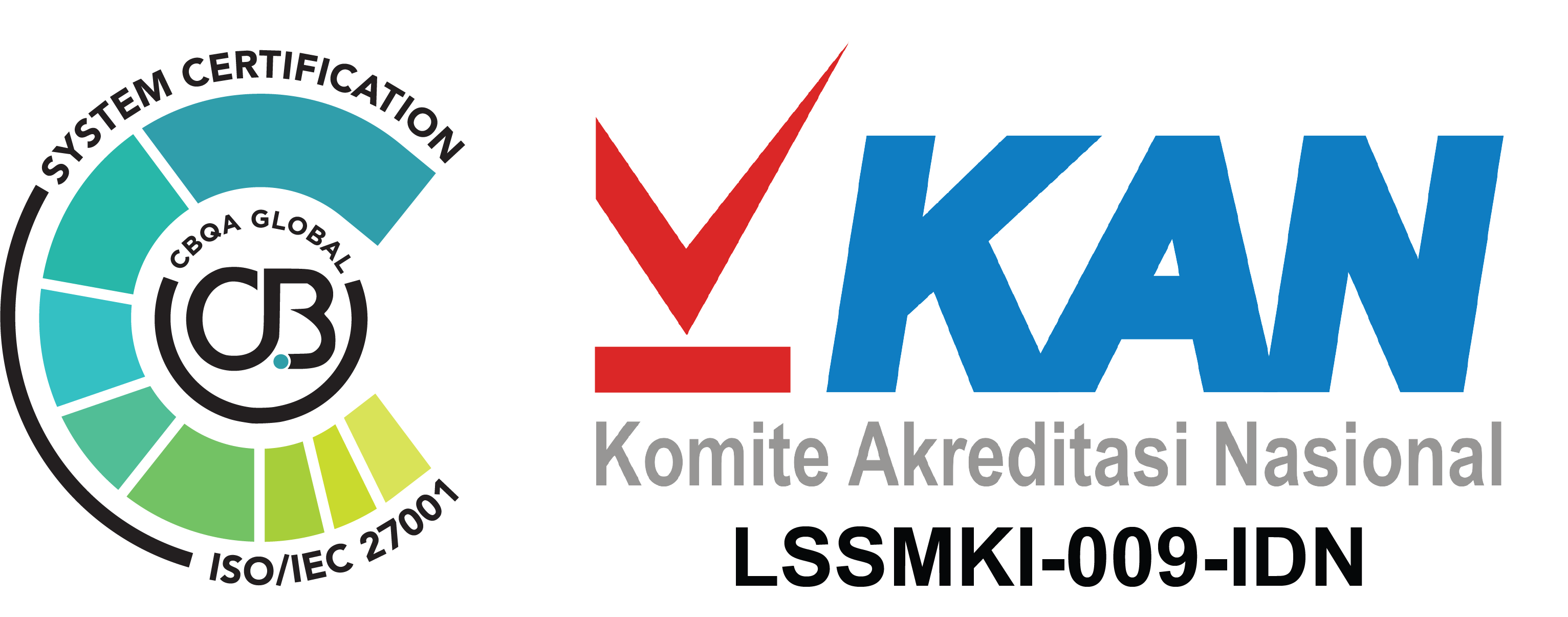Today’s Outlook:
• Wall Street tanked in a broad sell-off across all three of its major indexes, where all of them tumbled more than 1%, while benchmark 10-year US Treasury yields touched a 16-year peak the day after Fed Chairman Jerome Powell warned inflation still has a long way to go before approaching the central bank’s 2% target. As noted from the conclusion of the two-day FOMC Meeting, the central bank left the interest rate unchanged at 5.25%-5.50% (as expected). However, strong economic projections going forward suggest that high-interest rates will remain on hold for some time, risking eliminating the potential for a rate cut before 2025. Coupled with the release of weekly Initial Jobless Claims data which turned out to drop 9% to an 8-month low, further convincing the Fed that the labor market is still tight, supporting wage growth, and proving that the economy is resilient enough to withstand higher rates for longer. Weekly jobless claims were released at only 201k, lower than the forecast of 225k and the previous week’s 221k. However, on the other hand, the Philadelphia Fed Manufacturing Index (Sept) survey collected from 250= manufacturers in the Philadelphia region stated that business conditions are still relatively deteriorating.
• EUROPEAN MARKETS: Revised Composite PMI announcements for Sept will also be released by Germany, Eurozone, UK to determine if they are able to see improvement in the manufacturing & services sectors which are still immersed in contraction territory. The UK has released its most optimistic Consumer Confidence index since early 2022, with hopes of an improving economy amidst the threat of Inflation and wage growth. Gfk Consumer Confidence rose for the second consecutive month to -21 in Sept, from -25 in August although still significantly lower than the -10 average that has been running since 1974. This data comes after the Bank of England surprisingly decided to hold their benchmark interest rate at 5.25%, against the expectations of the public who had anticipated a 25bps hike. Later this afternoon, the UK will announce Retail Sales (Aug) which is forecasted to have slowed to -1.2% yoy from -3.2% in the previous month.
• ASIA MARKETS: Japan published August National CPI this morning, which came in at 3.2% yoy (slightly lower than previous month’s 3.3%) and National Core CPI which remained unchanged at 3.1% yoy. They will also shortly release the revised au Jibun Bank Japan Manufacturing & Services PMI (Sept.), before announcing the interest rate decision which is likely to remain super loose at negative – 0.1% as it has been since early 2016.
• INDONESIA: Bank Indonesia once again held its benchmark BI7DRR rate at 5.75%. The immense pressure faced by the Rupiah exchange rate coupled with the risk of spikes in global food and crude oil prices, narrowed the room for Bank Indonesia to consider the start of a cycle of benchmark interest rate cuts to boost economic growth faster. The House of Representatives and the government agreed on the 2024 State Budget, where the deficit was set at IDR522.8 trillion or 2.29% of GDP, state revenue at IDR2,802.3 trillion, state expenditure at IDR3,325.11 trillion, and financing at IDR522.8 trillion. Furthermore, the basic macroeconomic assumptions for 2024 agreed in the 2024 State Budget Law are as follows: Economic growth of 5.2%, Inflation rate of 2.8%, Rupiah exchange rate: IDR15,000/USD, 10-year SBN interest rate of 6.7%, crude oil price of USD82/barrel. The development target indicators in the 2024 Draft State Budget were agreed as follows: open unemployment rate 5.0% – 5.7%, poverty rate 6.5% – 7.5%.
• COMMODITIES: Russia, one of the main suppliers of diesel fuel to the global market, has temporarily restricted exports of the fuel. This is an effort to stabilize the domestic fuel market after fuel prices soared. This measure also applies to gasoline, although Russia exports less of it. The action may further exacerbate the current shortage of diesel fuel in the global market, after production curbs already put in place by Saudi Arabia & Russia risk removing 1.3 million barrels of crude oil from the global market at least until the end of this year. Meanwhile, China is reportedly increasingly spurring imports of high-quality coal from Australia & Russia, instead of from Indonesia whose coal is considered to be of lower quality despite its low price. The action is based on Beijing’s thinking to compensate for the poor quality of coal mined from within their own country. West Texas Intermediate (WTI) crude oil prices closed slightly below the USD90/barrel level after rallying to yesterday’s high of USD90.98/barrel after the announcement of the fuel export ban from Russia, but considering the hawkish tone of the Federal Reserve boosted the USD, it ended up putting pressure on most commodity prices. Suddenly the Gold Price also dropped to a 1-week low, or down 1.4% to USD1939.60/ounce. The Dollar Index (DXY) hit a 6-month high, suppressing interest in buying dollar-based commodities by buyers from non-US countries.
• JCI again moved uneasy at the psychological level of 7000, shifting the closing position to 6991.47. Although still fairly safe above MA10 & MA20, the Sideways trend is still strong. NHKSI RESEARCH advises market participants to hold back on buying too much especially at the end of this week and use sentiment trading on news-driven sectors (pay attention to sector rotation).
Company News
• EXCL : Targeting Mining Companies
• BRIS : Boosting DPK Growth
• SRTG : Buying 7.22 Million MDKA Shares
Domestic & Global News
• CPO Exchange Launches in October, ICDX Ready to Become the Organizer
• Oil Settles Lower as Russia Fuel Export Ban Boosts, Rate Hikes Weigh
Download full report HERE.

